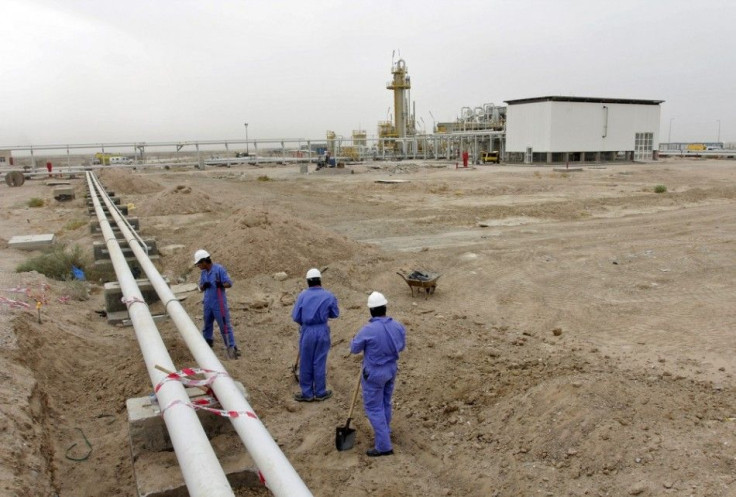OPEC May Head For Emergency Meet In Light Of Low Oil Prices—Report

The Organisation of the Petroleum Exporting Countries (OPEC) may consider calling for an emergency meeting to discuss the low oil prices, a new report has revealed. The organization had previously refused to cut production with the hope that the prices will stabilise eventually.
The global crude oil prices are currently just below $50. According to a report by CNBC, OPEC countries are concerned about the impact of continued low oil prices and are discussing the possibility of holding an emergency meeting.
Diezani Alison-Madueke, the current president of OPEC and Nigerian oil minister, has reportedly said that almost all of the OPEC countries are “very uncomfortable” with the current situation. Only the Arab block, where the cost of oil production is much cheaper, is said to be the exception.
Global crude oil prices have been falling continuously since July 2014, when the price was over $ 100 per barrel. The fall in the price of the commodity has been blamed on weaker demand from markets like China and increased supply from countries like the U.S.
According to the OPEC president, the organisation will formally discuss the current situation with non-OPEC countries like Russia and the U.S and also discuss the issue with groups like the International Energy Agency and the G20.
The next OPEC meeting is set to take place in June. In the previous meeting, which took place in November 2014, Saudi Arabia is said to have raised its concerns and convinced the other countries that a period of low oil prices would eliminate competition from some of the high cost oil producing countries, like the U.S.
Many of the major oil firms in the U.S and Canada have already made announcements of cuts in capital expenditure. There have also been reports of thousands of jobs being cut due to the low oil prices.
According to the report, the OPEC president has stated that many of the OPEC member countries “are going to suffer greatly from a drastic fall” in oil prices. In the previous meeting, member countries of the organisation had confirmed that they were ready to respond in case of any developments that lead to “adverse impact” on maintaining a balanced oil market.
For questions/comments regarding the article, you may email the writer at s.trivedi@ibtimes.com.au





















